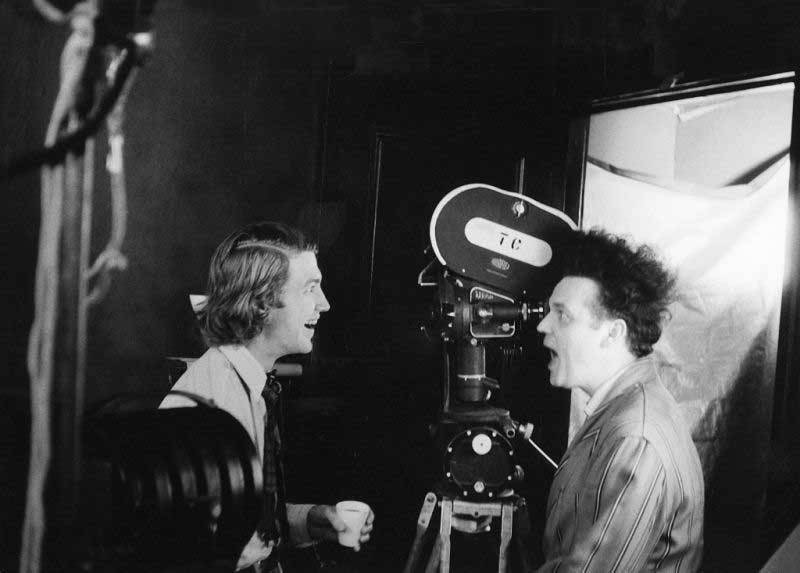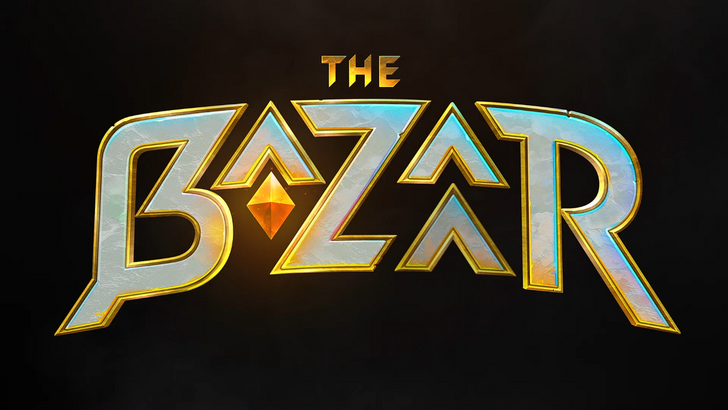They Don’t Make ‘Em Like David Lynch Anymore
This article explores the enduring legacy of David Lynch, a filmmaker whose unique style has left an indelible mark on cinema. It begins by highlighting a pivotal scene from Twin Peaks, showcasing Lynch's ability to juxtapose the mundane with the unsettling, a hallmark of his work. The article then introduces the term "Lynchian," a descriptor for that unsettling, dreamlike quality that permeates his films.
The authors discuss the breadth of Lynch's filmography, from the surreal nightmare of Eraserhead to the touching humanity of The Elephant Man, and the unconventional approach he took to projects like Dune and Twin Peaks: The Return. They highlight his masterful use of imagery, often bizarre and anachronistic, yet deeply affecting. The article emphasizes that Lynch’s work transcends genre classifications, defying easy categorization.
The article then shifts to discuss Lynch's influence on contemporary filmmakers. It cites examples of films like I Saw the TV Glow, The Lobster, The Lighthouse, Midsommar, It Follows, Under the Silver Lake, Saltburn, Donnie Darko, and Love Lies Bleeding, all of which exhibit a "Lynchian" quality, showcasing his enduring impact. The influence is also seen in the works of directors such as Yorgos Lanthimos, Robert Eggers, Ari Aster, David Robert Mitchell, Emerald Fennell, Richard Kelly, Rose Glass, and even Quentin Tarantino and Denis Villeneuve.

The piece concludes by emphasizing Lynch's status as a pivotal figure in cinema, a filmmaker whose unique vision continues to inspire and influence new generations of artists. His legacy isn't just his body of work, but the very term "Lynchian," which encapsulates a specific cinematic sensibility that is both unsettling and unforgettable. The authors express their continued fascination with uncovering the "Lynchian" elements hidden beneath the surface of everyday life and film.
AnswerSee ResultsLatest Articles































